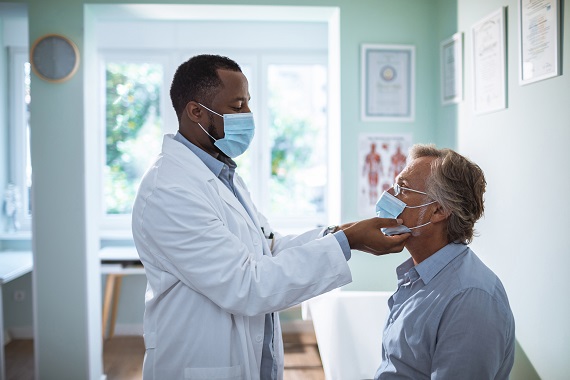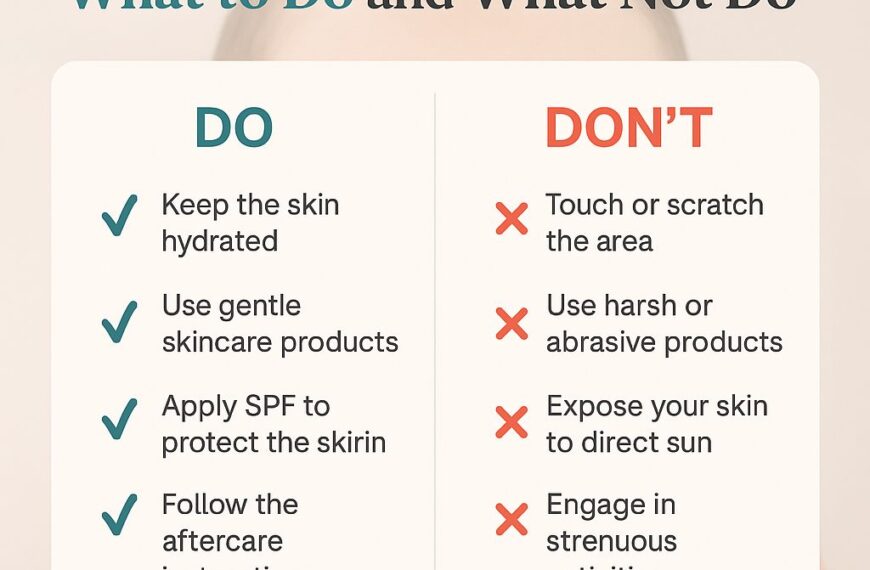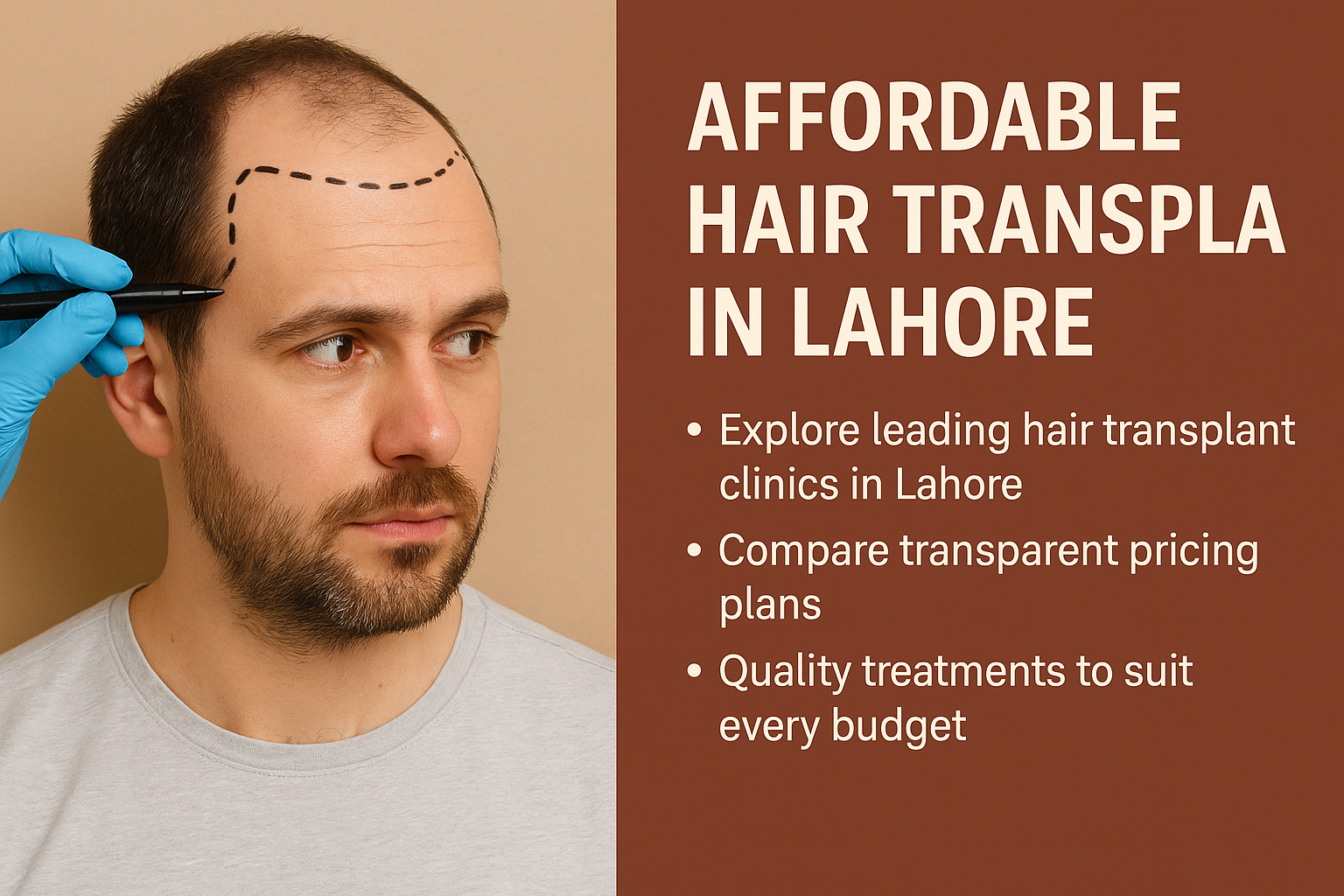In today’s fast-paced and often fragmented healthcare system, having a trusted medical professional who knows you and your health history is more important than ever. Primary care physicians (PCPs) serve as the cornerstone of preventive medicine and long-term health management. They are often the first point of contact in the healthcare journey, playing a crucial role in diagnosing, treating, and managing a wide range of conditions.
What Is a Primary Care Physician?
A primary care physician is a doctor trained to diagnose and treat a wide range of illnesses and medical issues across all age groups. They typically practice general medicine and provide comprehensive healthcare services including preventive care, chronic disease management, routine screenings, and health education.
PCPs can have different backgrounds and specialties, including:
- Family Medicine Physicians – Care for individuals and families of all ages.
- Internal Medicine Physicians (Internists) – Focus on adult health and managing complex, chronic conditions.
- Pediatricians – Specialize in care for children and adolescents.
- Geriatricians – Focus on elderly patients and age-related health concerns.
What Services Do Primary Care Physicians Provide?
A primary care doctor is more than just someone you see when you’re sick. Their services cover a broad spectrum, including:
1. Preventive Care
PCPs conduct routine check-ups and screenings to detect potential health problems early. This includes:
- Annual physical exams
- Blood pressure and cholesterol checks
- Cancer screenings (e.g., mammograms, colonoscopies)
- Immunizations and vaccines
- Health risk assessments and counseling
2. Chronic Disease Management
They help manage long-term conditions such as:
- Diabetes
- Hypertension
- Asthma
- Heart disease
- Arthritis
By monitoring symptoms, prescribing medications, and adjusting treatment plans, they improve quality of life and prevent complications.
3. Diagnosis and Treatment of Acute Illness
PCPs are equipped to treat common illnesses such as:
- Respiratory infections
- Urinary tract infections
- Skin conditions
- Minor injuries
If your condition requires specialized care, they can refer you to the appropriate specialist and coordinate your care.
4. Mental Health Support
Many PCPs also help diagnose and treat mental health issues like anxiety, depression, and stress. They may offer counseling or refer you to a mental health professional when necessary.
Why Are Primary Care Physicians So Important?
1. Continuity of Care
With regular visits to your PCP, they build a long-term relationship with you, gaining a deep understanding of your medical history, lifestyle, and preferences. This continuity helps in more accurate diagnoses and personalized treatment plans.
2. Preventive Focus
PCPs emphasize prevention—catching issues early before they become serious. Regular screenings and lifestyle counseling can significantly reduce your risk of chronic illnesses.
3. Healthcare Coordination
Navigating today’s healthcare system can be overwhelming. Your PCP acts as a central hub, coordinating with specialists, managing test results, and ensuring all parts of your care are integrated.
4. Cost-Effective Care
Studies show that individuals with a regular primary care provider have lower healthcare costs, fewer emergency room visits, and better overall health outcomes.
When Should You See a Primary Care Physician?
You should schedule an appointment with your PCP for:
- Annual wellness visits
- Non-emergency health concerns
- Chronic condition monitoring
- Medication refills
- Mental health consultations
- Health screenings and vaccines
Having a PCP can also help you avoid unnecessary specialist visits or emergency care.
How to Choose the Right Primary Care Physician
Finding the right PCP is essential for a successful doctor-patient relationship. Here are a few tips:
- Check credentials and experience: Ensure the doctor is board-certified and experienced in your age group and health needs.
- Consider location and availability: Choose someone conveniently located with office hours that work for your schedule.
- Evaluate communication style: A good PCP listens, explains things clearly, and respects your input.
- Verify insurance coverage: Make sure they’re in-network to avoid out-of-pocket surprises.
Primary Care in the Age of Telemedicine
Thanks to advances in technology, many primary care services can now be delivered virtually. Telemedicine allows you to consult with your PCP via video calls, phone, or secure messaging—ideal for minor concerns, follow-ups, or managing chronic conditions.
Remote monitoring tools also allow patients to send health data (like blood sugar levels or blood pressure readings) directly to their doctor in real time, enhancing ongoing care.
Conclusion
Your primary care physician is more than just a general practitioner—they’re your long-term health partner. From preventive care and early diagnosis to chronic disease management and healthcare coordination, PCPs play a vital role in keeping you healthy and informed.


















